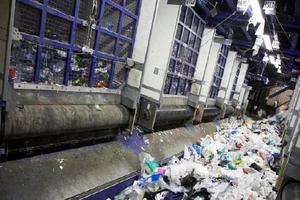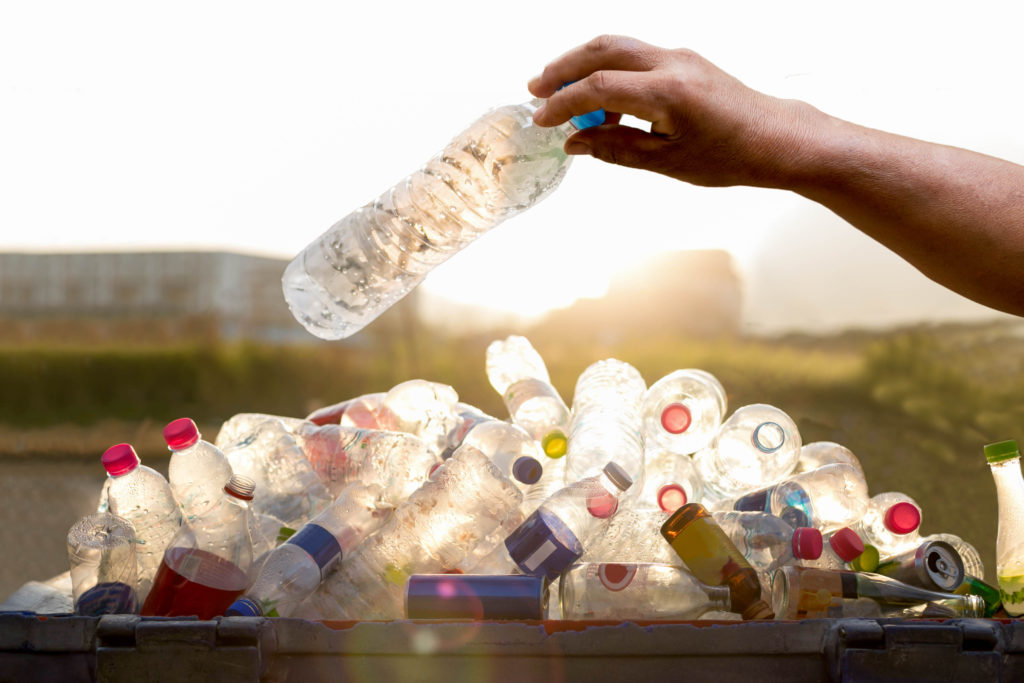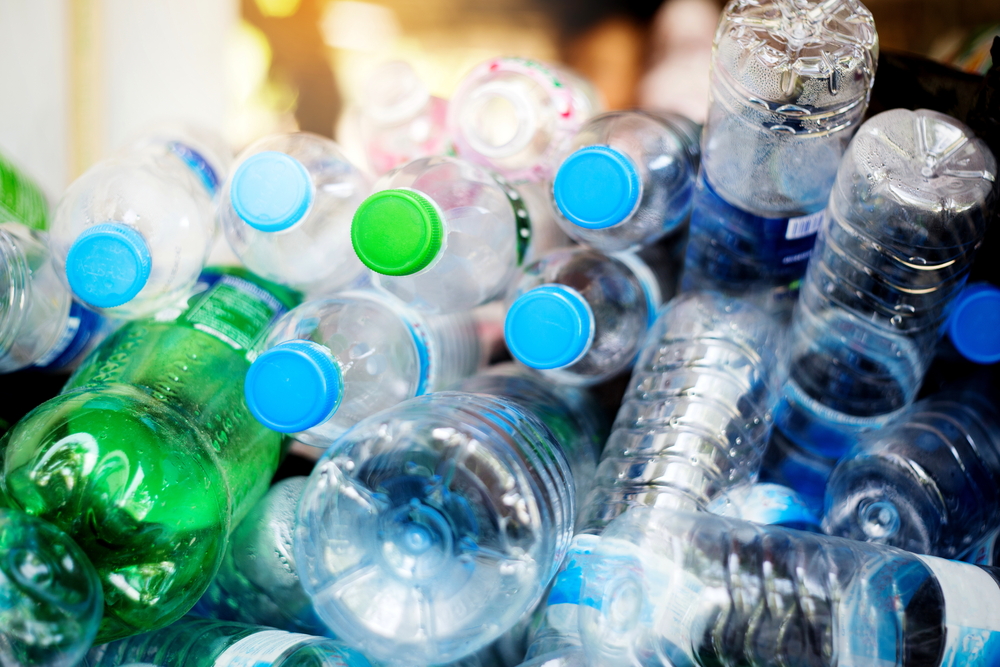“We want to move mixed plastics from not currently recycled to widely recycled”
– Marcus Gover, WRAP
The organisation has set itself a target to help develop 500,000 tonnes of mixed plastics reprocessing capacity in the UK by 2018 – starting by funding a 40,000 tonne capacity plant.
The announcement came at a dissemination event on mixed plastics in London on Thursday (June 5) and received strong backing from speakers from waste management firms, and councils and delegates.
However, some warned that certain barriers – over contamination, communications and costs – would need to be addressed to make widespread mixed plastics collections a reality.
Landfill
At present, around 1.4 million tonnes of mixed plastic packaging waste arises in the UK each year, with the vast majority being sent to landfill.
In order to change the situation, WRAP is hoping to boost the market for mixed plastics in the same way it is currently driving demand for PET and HDPE – which it has helped achieve by supporting the Closed Loop Recycling plant in East London, a site capable of recycling 35,000 tonnes of plastic bottles a year.
This would involve WRAP supporting a plant with the capacity to recycle up to 40,000 tonnes of mixed plastics a year, to be up-and-running by the end of WRAP’s business plan in 2011. The plant would produce food grade polypropylene from the mixed plastics stream.
Marcus Gover, director of market development at WRAP, said: “We want to move mixed plastics from not currently recycled to widely recycled.”
“Since the Closed Loop facility, further plants are now being built without support. It’s happening with bottles so it can happen with mixed plastics,” he added.
St Edmundsbury
Daniel Sage, strategy & policy manager for St Edmundsbury borough council in Suffolk, explained that St Edmundsbury was one of the few local authorities in England to collect mixed plastics, excluding film.

The material is gathered as part of a commingled dry recyclables service and sent to Viridor’s Great Blakenham materials recycling facility for sorting, before it is sent to China for reprocessing.
Mr Sage said that it was sometimes difficult to get a high capture rate for the plastics, and that MRFs charged a higher gate fee to sort them. He also explained that it was sometimes difficult to establish end markets for the material.
However, he claimed that collections could still boost recycling rates by 3-4% – rising to 8% if they accepted film – and that they met the demands of residents, who were eager to recycle them.
And, he said that the collections in St Edmundsbury were “critical” to the success of the council’s alternate weekly collection scheme for residual rubbish – because this freed-up room in residents’ residual waste bins.
He said: “Mixed plastics are a critical part of the waste stream for local authorities and I would urge you to consider collections – especially for alternative weekly collections which are critical in my eyes.”
Pressure
Bill Griffiths, national recycling manager for Viridor, and Paul Levett, recycling director for Veolia, agreed that there was a political pressure to collect mixed plastics, with Mr Griffiths claiming it could potentially double plastic recycling rates.
However, both insisted that they would need to adapt their MRFs and there needed to be a secure, long-term market for the material so that the cost of collecting and sorting the material would not outweigh revenue from sales and avoided disposal costs.
They added that householders needed a clear message about what would be acceptable, to avoid the flood-gates opening to materials such as plastic toys and coat hangers.
Mr Levett said: “In order to move towards mixed plastics collections I think we really do not a much greater level of standardisation at collection level.”
He added: “We know that there will be further increases in landfill tax and there’s a general drive for more recycled content. I think that will create the markets and demand for us,” adding that “I think where one plant is proved to be successful others will follow.”
Tesco
Sion Stanfield, head of waste and recycling at Tesco, said that from a retailer’s point of view he believed there were a lot of “quick” wins retailers could do to simplify the design of plastic recycling to aid recycling.
And, while he did not give any firm commitment, he said that retailers were interested in creating an end market for recycled mixed plastics in order to support their financial viability – such as introducing a minimum recycled content.
He said: “The likes of Tesco could look at that.”










Subscribe for free